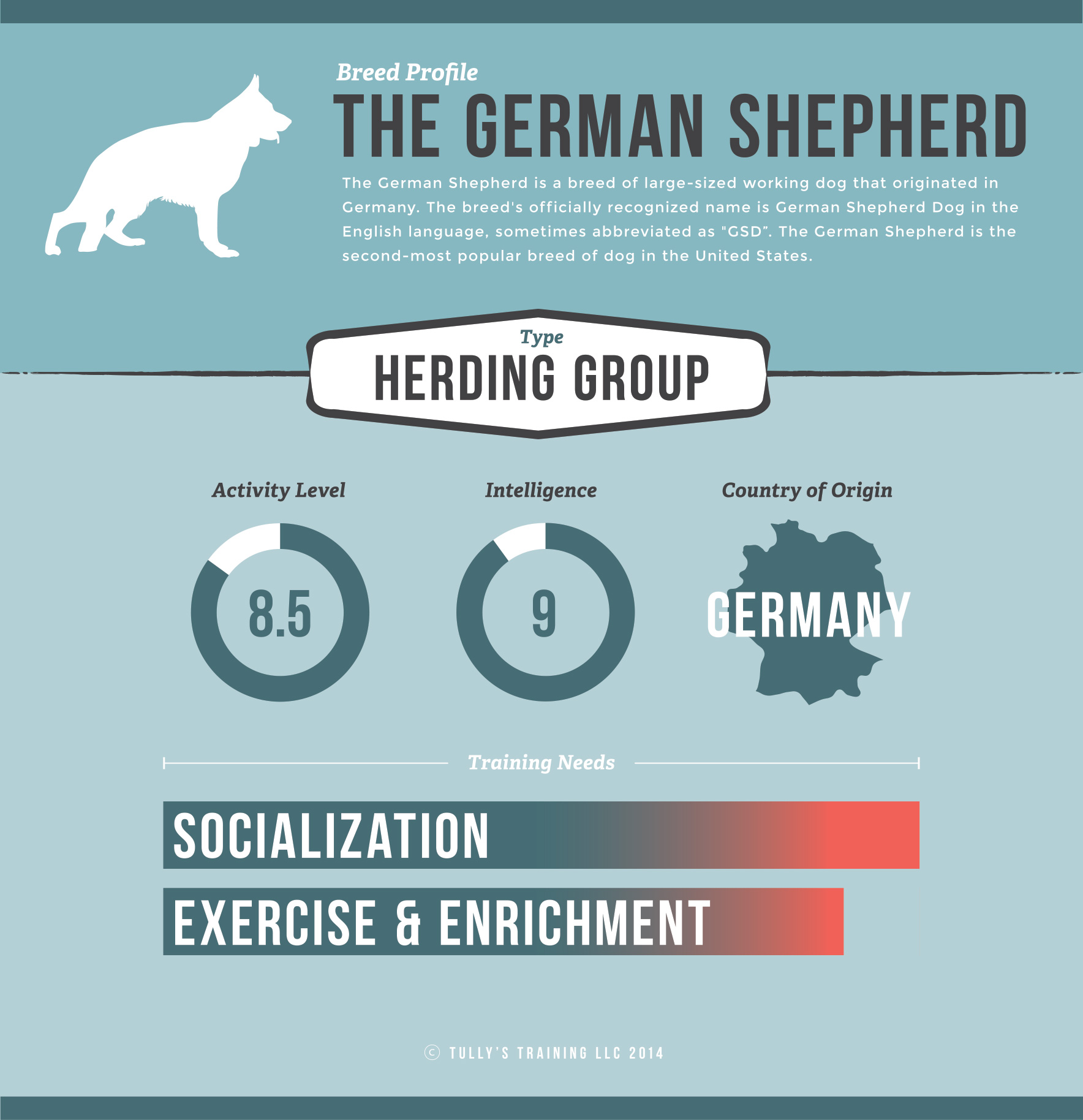Half the battle of having a well-behaved dog is finding the right type of dog for you and your family. As trainers who provide professional dog training in Los Angeles, we cannot stress the importance of knowing your breeds and doing your research!
Figuring out what you want from your dog is important: do you want a dog who is silly and has lots of personality? Are you an outdoor adventure family who go on hikes often and want a dog who's up for the physical challenge? Do you have young kids looking for a canine companion? Some people like dogs who are independent, and others would prefer a dog who follows them around the house.
Every breed of dog was engineered for a different purpose. There are working dogs, sporting breeds, toys, herding dogs, terriers, and so on and it matters which group your dog (or soon-to-be dog) belongs to. If you hate physical exercise and you bring home a husky, you might have a few problems.
For that reason, we’ve created a semi-regular series featuring posts on specific dog breeds and mixes. We talk about what certain dogs were/are bred for, what they are good at, and different ideas on how to achieve success when training them.
This month, we are starting with the German Shepherd!
German Shepherd training infographic
Overview
The German Shepherd is a breed of large-sized working dog that originated in Germany. As part of the Herding Group, German Shepherds are working dogs developed originally for herding sheep. German Shepherds are routinely seen working in airports, with police officers, even jumping out of planes! German Shepherds are the second most popular dog breed in the United States.
German Shepherd Socialization
German Shepherd training, in my experience, can either be very difficult or a breeze, it all depends on how well they were socialized as puppies. Socializing a German Shepherd is extremely important and if done properly, these dogs typically do well in most situations. A lack of early socialization can cause German Shepherds to suffer from serious and crippling anxiety and some issues that could develop include leash aggression, aggression with strangers, separation anxiety, and resource guarding.
German Shepherd Exercise and Enrichment
German Shepherds do best when they are fully incorporated into your and your family’s lifestyle, like going with you to work or on trips. German Shepherds are working dogs through and through, they love to have a goal or a job. This isn't the dog who is comfortable laying around the house or hanging out in the backyard all day, every day. Think about how a navy seal would feel if forced to stay home all of the time and stare at the wall—not so good!
If you are interested in or already have one of these dogs in your household, consider giving them different 'jobs’ throughout the day or week. Agility classes, sheep herding classes, and basic nose work are all activities that these dogs love and need. Examples of a basic nose work activity is playing a game like “Find It” or “Hide and Seek” with your German Shepherd.
Here's a helpful video of one of the world's most recognized and respected dog trainers, Victoria Stilwell, showing how to teach a dog to play “Hide and Seek” using a toy:
German Shepherd Training
The German Shepherd breed typically have a high food drive, but you can also train them using a toy as their reward. These dogs do very well with clear, consistent, communication as variations in expectations between family members can cause these dogs a great amount of anxiety.
Giving your dog the chance to excel and do what they were made to do has an incredible effect on their confidence and ability to cope in this crazy world we live in!
erman Shepherds can be a wonderful addition to any family or workplace, provided they get they get what they need: lots of exercise, proper socialization, and a couple of hobbies will go a long way. The main thing to remember with any dog is that their success is dependent on your participation. These animals don't get to choose which home they end up in—that's our choice. Which means it's up to us to do our research. It’s our responsibility to learn everything we can about what these dogs need and make sure we are able to meet those needs.
Most behavioral issues result from the dog not getting what they need from us. We call them our best friends! Let's do our best to treat them like that.




